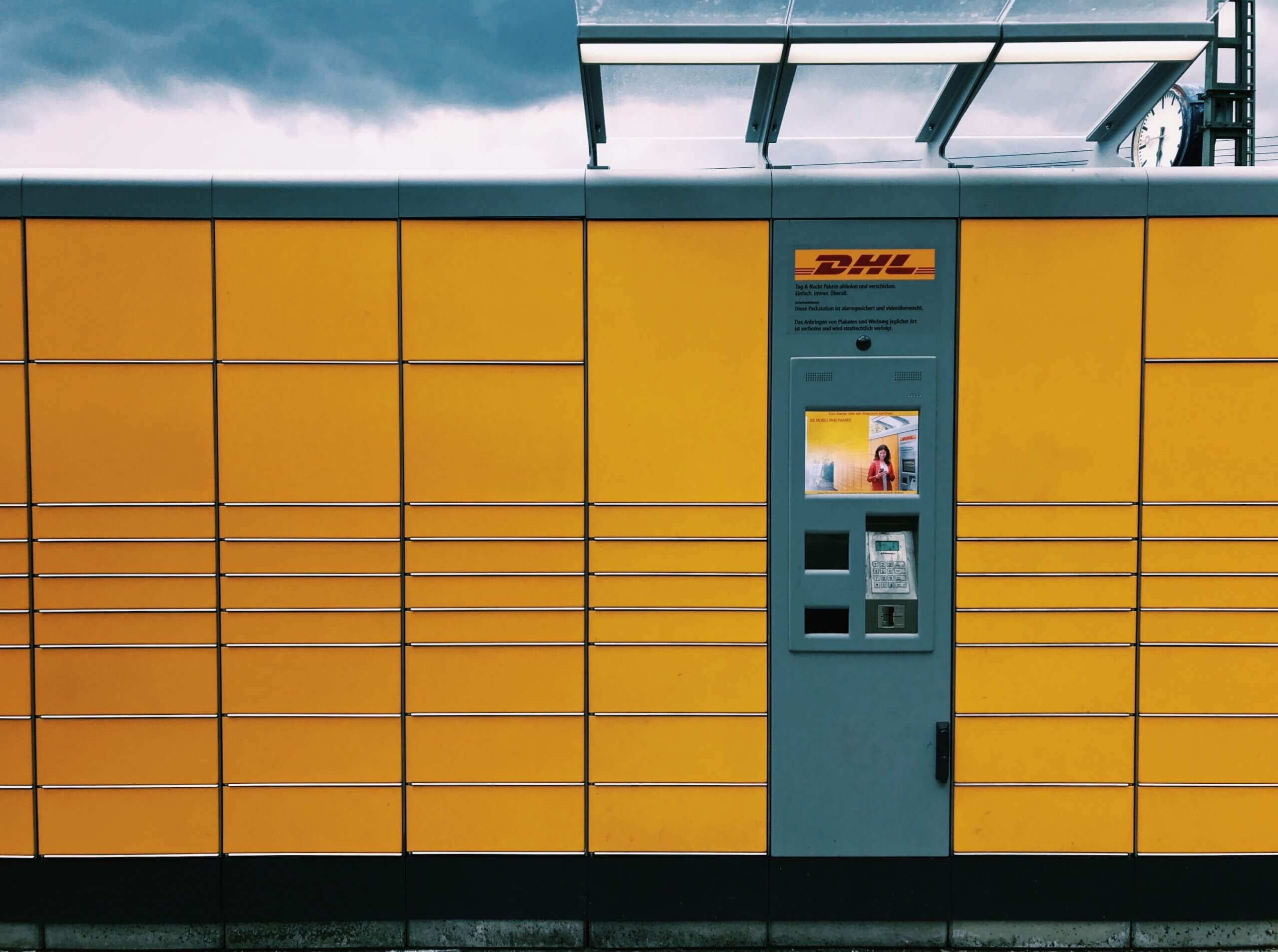The European Parliament has adopted a resolution that strongly berates China for the alleged forced labour that they have put ethnic minorities through. The legislation can, amongst other things, allow
Brussels to take stronger action against Chinese officials for the human rights violations against Uyghurs and ban any imported products that are tainted by forced labour in the Xinjiang Uyghur Autonomous Region (XUAR).
In a statement, the EU body said that “Parliament strongly condemns the Chinese government-led system of
forced labour—in particular the exploitation of Uyghur, ethnic Kazakh and Kyrgyz, and other Muslim minority groups—in factories within and outside internment camps in the Xinjiang Uyghur Autonomous Region”. Additionally, the statement condemned that China continued to transfer forced labourers to other Chinese administrative divisions and that popular European brands and companies have benefited from said forced labour.
US President-elect Joe Biden has also criticized how China has treated the minorities in Xinjiang, and the current US administration
blocked cotton imports from the region earlier this month due to forced labour concerns.
Xinjiang is an area where there live about
11 million Uyghurs, an ethnic minority consisting of mainly Muslims that speak a language similar to Turkish and have their own distinct culture. The US state department has estimated that more than one million Uyghurs, as well as members of other Muslim minority groups, are held in a spreading network of internment camps in Xinjiang—where they are reportedly being subjected to torture and other inhumane treatment.
China has continuously denied the allegations of there existing any forced labour and other human rights violations in Xinjiang, and when it comes to the existence of any
internment camps in the area, Beijing flat out denied those allegations at first. However, it then went on to call the facilities voluntary “vocational training centers” where the people could learn Chinese language and laws, as well as acquire job skills. Now the Chinese
government has insisted that these camps exist because they are needed in order to prevent religious extremism and terrorism.
The European Parliament has expressed that it wants China to “put an immediate end to the practice of arbitrary detention without change, trial or conviction for criminal offences of members of the Uyghur and other Muslim minorities”.
The people of Laos will not remain the only beneficiary group behind the
Vientiane-Vangvieng highway. In fact, the project only represented the first of four phases of a much larger construction project: the
440km long China-Laos expressway, which will be built between the Laotian capital and Chinese border town Boten. Once completed, the road aims to boost socioeconomic trade and cultural exchange and thereby plays a viable part in
China’s Belt and Road Initiative engagement in Southeast Asia.
The first highway section was constructed in a
Public Private Partnership, wherein the Laotian government holds 5% and Chinese partner Yunnan Construction and Investment Holding Group 95% of investment, and will be operated under the
Build-Operate-Transfer model for 50 years. Another major stakeholder represents
Chinese IT giant Huawei, which was tasked with implementing smart ICT platforms along the highway for monitoring and control. The latter will further be integrated into a nationwide 5G network to be launched in 2021. On the construction sites themselves,
both Chinese and Laotian staff were hired as constructors, translators and interpreters.
As always with large construction projects, processes do not always run as smoothly as desired. Between the
kick-off of construction on Dec 30, 2018 and the opening of the expressway,
numerous constraints had to be overcome, from access to adequately skilled workers and suitable equipment to operating under extreme weather conditions and disruptions during a global pandemic. However, to the surprise of many, construction concluded
13 months ahead of time.


